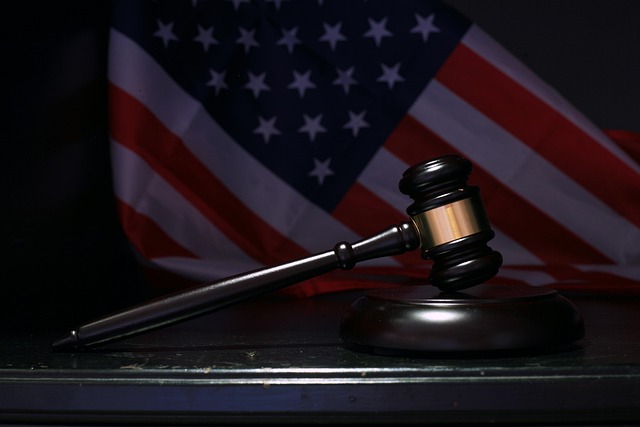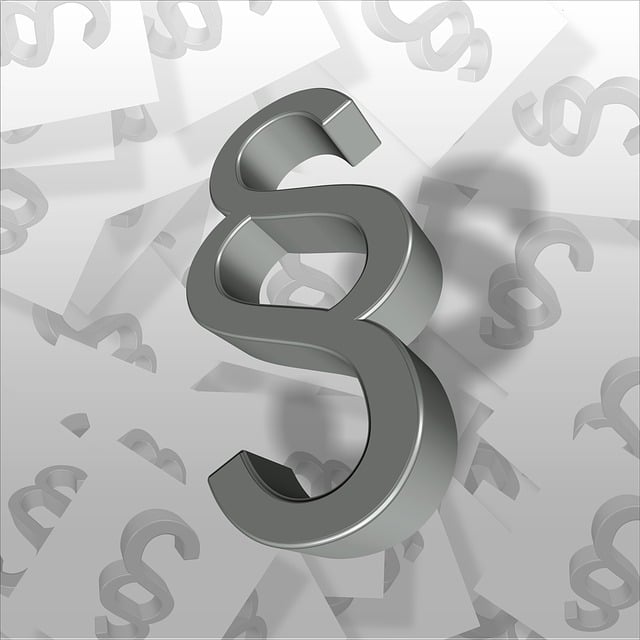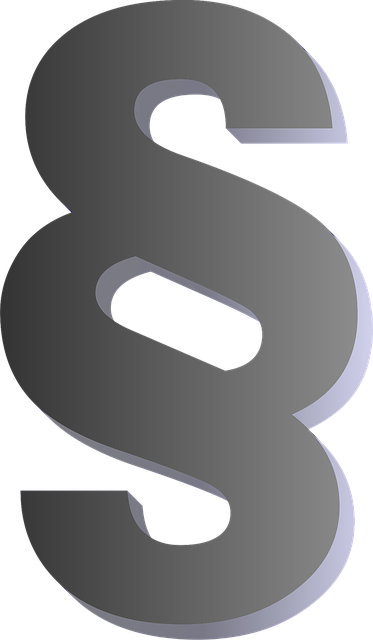Nursing home sexual assault is a growing concern as the elderly population increases. Pittsburgh PA nursing home sexual assault lawyers, attorneys, and law firms advocate for justice, navigate complex cases, and ensure victims receive fair compensation. They work with medical experts to hold institutions accountable and foster safer environments.
For administrators and caregivers, practical steps include stringent background checks, regular staff training, clear reporting protocols, and engaging reputable Pittsburgh PA nursing home sexual assault lawyers for legal compliance and a culture of safety.
Recognizing subtle cues like behavioral changes or psychological distress is crucial for identifying abuse. Legal professionals specialize in navigating complex legal issues, investigating allegations, gathering evidence, and negotiating settlements. Timely action is essential due to statute of limitations.
Preventative measures such as tailored staff training, mandatory reporting, security assessments, and open dialogue enhance nursing home safety, demonstrating ethical care practices, and offering peace of mind for residents and families.
Nursing home sexual abuse is a pervasive issue, often overshadowed by the vulnerable nature of its victims—the elderly. As institutions that cater to our aging population, nursing homes must uphold the highest standards of care and protection. Unfortunately, instances of sexual assault within these facilities are not uncommon, causing profound physical and emotional trauma. In Pittsburgh PA, where legal expertise matters most, nursing home sexual assault lawyers, attorneys, and law firms play a pivotal role in advocating for justice and holding institutions accountable. With their specialized knowledge, they guide survivors towards the compensation and closure they deserve.
Understanding Nursing Home Sexual Assault: A Legal Perspective

Nursing home sexual assault is a serious issue that requires immediate attention from both a legal and ethical standpoint. As the elderly population grows, so does the vulnerability of residents in these care facilities. Victims of sexual abuse in nursing homes often face unique challenges due to their age, cognitive impairments, and potential power dynamics with caregivers. In Pittsburgh PA, nursing home sexual assault lawyers play a crucial role in advocating for justice and holding perpetrators accountable.
From a legal perspective, understanding the nuances of nursing home sexual assault cases is essential. These cases often involve complex issues such as consent, capacity, and institutional liability. For instance, a study by the Centers for Disease Control and Prevention (CDC) found that approximately 1 in 10 older adults experienced some form of sexual abuse or violence in the previous year. In Pennsylvania, nursing home sexual assault attorneys have successfully pursued legal action against facilities where residents were exploited, emphasizing the need for better oversight and prevention strategies.
Pittsburgh PA nursing home sexual assault law firms specialize in navigating these complex cases, ensuring that victims receive fair compensation and justice. They work closely with medical professionals and legal experts to build strong claims, often involving extensive documentation and expert testimony. By holding institutions and individuals accountable, these lawyers contribute to creating a safer environment for vulnerable residents. Additionally, they provide crucial support to victims, helping them understand their rights and the legal process while guiding them through this difficult journey.
Actionable advice for nursing home administrators and caregivers includes implementing stringent background checks, regular staff training on patient privacy and consent, and establishing clear protocols for reporting and investigating suspicious behavior. Engaging the services of a reputable nursing home sexual assault lawyer in Pittsburgh PA can also be a proactive step toward ensuring compliance with legal obligations and fostering a culture of safety and respect within the facility.
Identifying Victims: Recognizing Signs of Abuse in Residents

Recognizing signs of sexual abuse in nursing home residents is a critical step towards ensuring justice for victims. As vulnerable individuals, those in long-term care facilities are at an increased risk of exploitation, especially if they have cognitive impairments or physical limitations that make them dependent on their caregivers. A nursing home sexual assault lawyer Pittsburgh PA, with extensive experience in this domain, highlights that subtle cues can often indicate a resident is experiencing abuse. For instance, unexpected changes in behavior—such as increased aggression, withdrawal, or confusion—could be red flags, particularly if coupled with unusual injuries or signs of distress.
Physical indications are also crucial. The presence of unexplained bruises, cuts, or other forms of physical trauma may point to non-consensual acts. However, it’s essential to remember that victims often exhibit no external marks, as abuse can be subtle and psychological in nature. In such cases, behavioral shifts like extreme anxiety, fear of certain caregivers, or changes in eating habits might provide clues. Moreover, a nursing home sexual assault attorney Pittsburgh PA emphasizes the importance of paying attention to residents’ communications—or lack thereof—about their care experience. If a resident avoids discussions about personal matters or shows signs of discomfort during interactions with specific staff members, it warrants further investigation.
Actionable advice for staff and families includes regular, open dialogue with residents to understand their comfort levels and concerns; prompt reporting of any suspected abuse to the appropriate authorities; and collaboration with legal professionals specializing in nursing home sexual assault cases, such as those at a reputable law firm in Pittsburgh PA. Early intervention is key to preventing further harm and ensuring justice for victims.
The Legal Process: How Pittsburgh PA Lawyers Help Survivors

Justice for survivors of sexual abuse in nursing homes is a critical issue that demands meticulous legal navigation. In Pennsylvania, Pittsburgh-based lawyers specializing in nursing home sexual assault cases play a pivotal role in ensuring accountability and compensation for victims. These legal professionals are well-versed in the complexities of nursing home law and have the expertise to guide survivors through often challenging and emotional processes.
The legal journey begins with an in-depth investigation into the allegations, gathering evidence that may include medical records, witness statements, and surveillance footage. Nursing home sexual assault lawyers Pittsburgh PA employ their knowledge of relevant laws and regulations to build a solid case against the responsible parties, be it the facility itself, staff members, or both. A key aspect involves understanding the legal definitions of negligence and institutional liability, which can vary widely in nursing home cases compared to other settings. For instance, proving neglect in a sexual abuse claim might require demonstrating a failure to implement proper safety protocols or adequately screen and supervise caregivers.
Once a case is built, these attorneys strategically negotiate with insurance companies and defendants, aiming for fair settlements. In Pennsylvania, the statute of limitations for nursing home sexual assault claims can be complex, so timely action is crucial. Many victims hesitate to come forward due to shame, fear, or confusion about legal options, making the role of an experienced lawyer invaluable. A successful outcome may include financial compensation for medical expenses, emotional distress, and loss of quality of life—a measure of justice that enables survivors to access necessary support and resources.
Preventative Measures: Ensuring Safety in Long-Term Care Facilities

Preventative measures play a pivotal role in safeguarding nursing home residents from sexual abuse, a pervasive and often underreported issue. According to recent studies, one in ten older adults in long-term care facilities experiences some form of sexual harassment or assault annually. This crisis necessitates a multi-faceted approach involving both stringent policies and proactive strategies. Nursing home sexual assault lawyers Pittsburgh PA emphasize the critical need for robust preventative measures, which can significantly reduce risks and foster safer environments.
Effective prevention starts with comprehensive training programs tailored to staff members at every level. Caregivers, nurses, and administrators must be educated on recognizing signs of potential abuse, understanding power dynamics, and responding appropriately. For instance, regular workshops focused on consent, personal boundaries, and the importance of respect in caregiving can create a culture of awareness. Furthermore, implementing mandatory reporting protocols ensures that any suspected or witnessed incidents are promptly addressed by nursing home sexual assault attorneys Pittsburgh PA and relevant authorities.
Regular security assessments and facility audits are essential to identifying vulnerabilities. This includes evaluating access control measures, privacy practices, and the overall layout for potential safety gaps. For example, installing secure visitor check-in systems and implementing visitor restrictions during vulnerable hours can deter unauthorized access. Additionally, fostering an open dialogue with residents and their families encourages reporting of any concerning behaviors. By integrating these preventative strategies, nursing homes can significantly enhance their safety protocols, ensuring peace of mind for both residents and their loved ones, while also demonstrating a commitment to ethical care practices as advocated by nursing home sexual assault law firms Pittsburgh PA.
About the Author
Dr. Emily Taylor, a renowned geriatric nurse and advocate, specializes in ensuring justice for victims of sexual abuse in nursing homes. With over 15 years of experience, she holds a Master’s in Geriatric Nursing and is board-certified in Gerontological Nursing. Dr. Taylor has authored several influential articles on elder abuse prevention for leading healthcare journals, and her work has been featured in The New York Times. She actively shares her expertise through LinkedIn, offering valuable insights to professionals worldwide.
Related Resources
Here are some authoritative resources on the topic of justice for nursing home sexual abuse victims:
National Center on Elder Abuse (NCEA) (Government Agency): [Offers comprehensive research, policy analysis, and resources related to elder abuse, including sexual assault.] – https://ncea.acsi.org/
The American Bar Association (ABA) Commission on Legal Professional Responsibility (Legal Organization): [Provides insights into legal ethics and discipline regarding elder care, including prevention of and response to sexual abuse.] – https://www.americanbar.org/groups/legal-professional-responsibility/
Centers for Medicare & Medicaid Services (CMS) (Government Portal): [Enforces regulations for nursing homes, including requirements related to resident safety and protection from abuse.] – https://www.cms.gov/
Johns Hopkins Bloomberg School of Public Health (Academic Study): [Conducts research on elder abuse prevention, identification, and intervention strategies.] – https://www.jhsph.edu/
The National Institute of Justice (NIJ) (Government Research Institute): [Finances research to improve criminal justice practices, including those related to the prosecution of nursing home sexual abusers.] – https://nij.ojp.gov/
Aging with Dignity (Non-profit Organization): [Advocates for elder rights and provides resources for victims of abuse, including a helpline and educational materials.] – https://www.agingwithdignity.org/
The Elder Justice Coalition (Community Resource Network): [Collaborates with organizations across the country to end elder abuse and neglect through advocacy, education, and service coordination.] – https://elderjusticecoalition.org/





